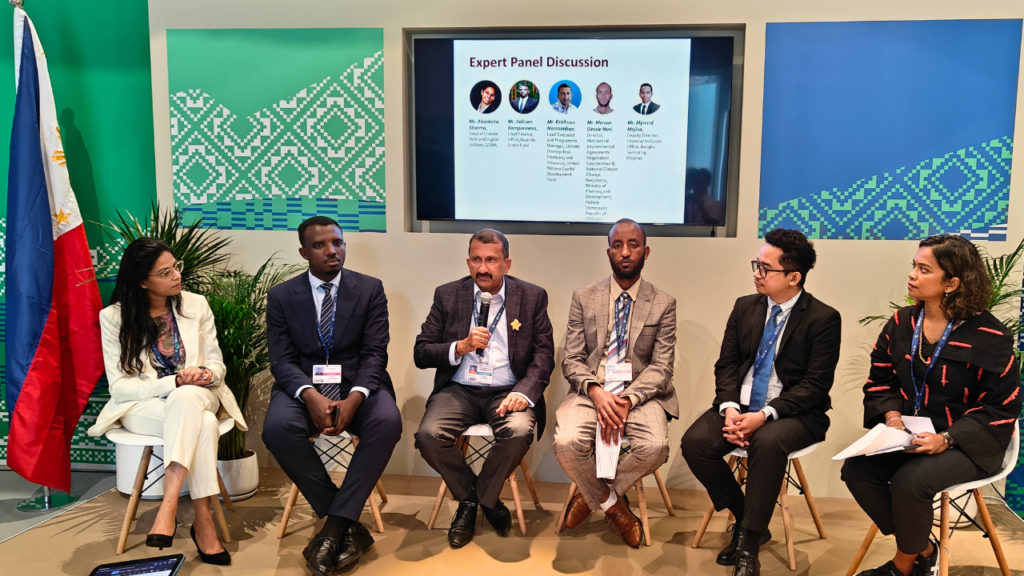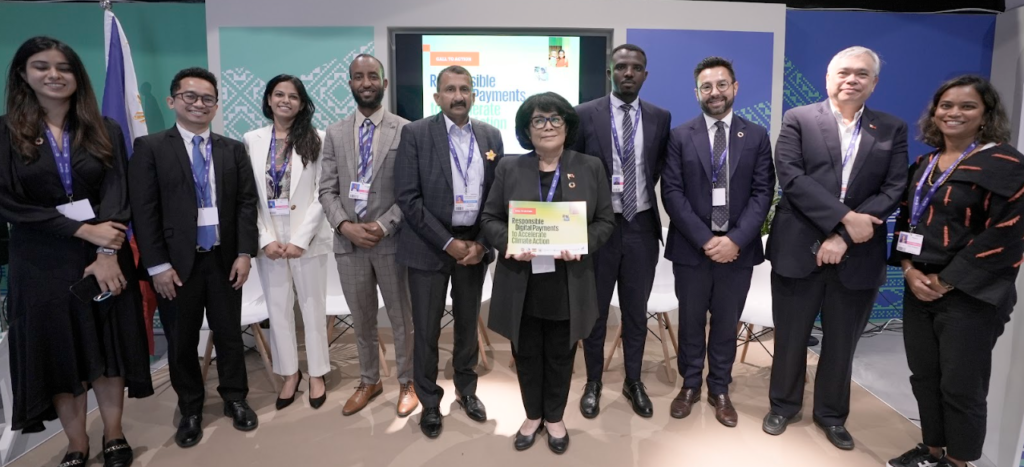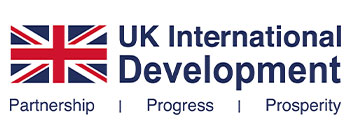Is it finally time to retire the recurring question – ‘‘Why should we act on climate change?” The 85,000 COP attendees, representing not only the public but also private sector from almost every industry, seemed to suggest so. It looked like this crucial part of the puzzle was being solved at the decision-making level. We could also see this in the commitments made at COP28. The final Global Stocktake text included a call for nations to transition “away from fossil fuels” in a “just, orderly and equitable manner”, which felt like a win compared to the leaked pre-release text that was much weaker. The loss and damage fund was operationalised on Day 1 of the 14 -day event and the commitments made in this context totaled more than USD 700 million to date. More than 110 countries committed to dramatically increase their renewable energy capacity and double the rate of energy efficiency improvements by 2030. In addition, fifty oil and six dairy companies pledged to cut methane emissions and release plans to meet these goals by 2025.
That said, we still seem to struggle with the most pressing question now at hand – “How should we act on climate change to minimise the impact on people, the planet, and prosperity?” This leads to multiple other questions. How do we interpret the commitments? How do we go beyond national commitments to local implementation? How do we make policies that sail through the climate action paradoxes?
At the GSMA ClimateTech programme, we firmly believe that mobile and digital technologies have a strong role in answering those questions. Collective support from the mobile industry, as well as public and private actors, can help immensely in achieving this scale and impact. In this blog, I summarise a few observations on the buzz around digital climate action at this year’s COP.
Ensuring early warnings for everyone
On 4th December, at the World Meteorological Organisation Pavilion, under the leadership of the ITU, GSMA and other partner organisations announced their commitments to the Early Warnings for All initiative. The GSMA’s industry partners, namely Telefonica, VEON, Safaricom, KDDI, MTN and Globe, have joined in a pledge to support the development of early warning systems and encourage others in the wider mobile ecosystem to do the same. Through cross-sector stakeholder collaboration and sharing of expertise and best practices, we can ensure everyone is protected. The pledge also highlights several technologies that are particularly suited to disseminating early warning messages. As part of a multi-channel system, location-based SMS and cell broadcast can deliver geographically targeted alerts. We also recently published our research on cell-broadcast technology that allows mobile network infrastructure to communicate with mobile handsets in one direction. Watch the recording below, and find out more about the session here.
Climate resilience will rely on digital and financial inclusion
Resilience starts with building the capacity to cope with climate shocks. Across all low- and middle-income countries (LMICs), digital technologies and solutions are proliferating alongside mobile penetration. Together, they offer great potential to help build this capacity to make individuals and communities resilient to climate challenges. We also had the pleasure of participating in a panel discussion organised by the Better Than Cash Alliance as they launched their Call to Action: Responsible Digital Payments to Accelerate Climate Action. The panel discussed the need to bridge the mobile usage gap as well as the mobile gender gap, to ensure that mobile services now accessible to more than 3.4 billion people in LMICs, also reach women and other vulnerable communities that will be worst affected by climate change. Trust and awareness building will be key to ensuring the true inclusion of all these groups in the race to resilience.


The role of frontier technologies in climate action
It was exciting to see how the use of frontier technologies was explored at various side sessions at this COP. The use of Digital Twins for utility service provisioning was showcased at a few sessions, including one at the Italian Pavilion. Here, the International Energy Agency, the Italian Ministry of Environment and Energy Security, and the UN Environment Programme brought together results from the 3DEN Initiative supported by them. Among the participants was Panitek Power in India who, together with a private utility in Delhi and the Energy and Resources Institute (TERI), is trialling the application of cloud-based digital twin technology to an electrical distribution grid for 800,000 individuals. We are grateful to the Italian government for inviting us to this panel and speaking about the role of IoT and smart metering in digitalising on-grid energy services in the LMICs at scale. Another example of the use of digital twins was discussed by KPMG where they provided a practical demonstration of current and future flood risk for the US city of Ithaca.
Role of digital in improving the integrity of carbon markets
The role of Voluntary Carbon Markets (VCMs) in effectively mitigating climate change and protecting nature was much debated throughout the year. The discussions at COP28 revolved around similar concerns, although multiple world leaders (including John Kerry, Tony Blair, and Ajay Banga to name a few) showed confidence in the importance of carbon markets as a key finance channel for climate action. In a promising announcement, the world’s leading independent carbon crediting standards (American Carbon Registry, Architecture for REDD+ Transactions, Climate Action Reserve, Global Carbon Council, Gold Standard, Verra/Verified Carbon Standard Program) announced a collaboration to increase the impact of activities under their standards. We believe that digital technology has a key role in addressing the issues around reporting confidentiality and transparency to avoid double counting.
Our Senior Market Engagement Manager, Alfred Osiko, participated in a discussion held at the Kenyan Pavilion on Digitally Enabled Climate Finance in Sub-Saharan Africa. The panel included representatives from the Kenya Treasury under the Finance Ministry, African Development Bank, Equity Bank, Airtel Africa, and GSMA ClimateTech. The discussion shed light on how technological innovation and digital platforms play a crucial role in ensuring that finances allocated for climate resilience and adaptation initiatives reach the most vulnerable communities.

Image from right to left to right: Michael Koech – Sustainability and Environmental Lead at Airtel Africa, Alfred Osiko – Senior Market Engagement Manager at ClimateTech GSMA, Elijah Isibu – Head of Technical Operations Sustainability at EQUITY Group Holding, and Gareth Phillips – Manager, Climate and Envi Finance at Africa Development Bank.
While many COP purists complained about the event turning into a trade show (and we agree!), it was heartwarming to see eager changemakers deliberating, negotiating and working hard to find answers to the ‘how’ question mentioned earlier in this blog. But one message resonated with almost all – ‘Later will be too late.’
Reach out to the GSMA ClimateTech team for more information and requests here.



